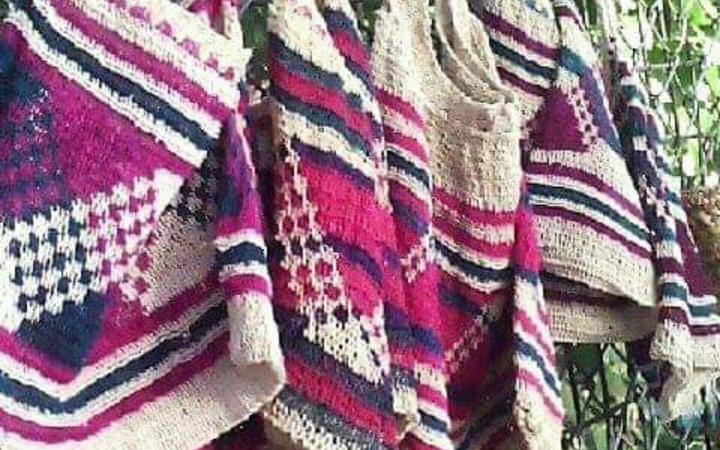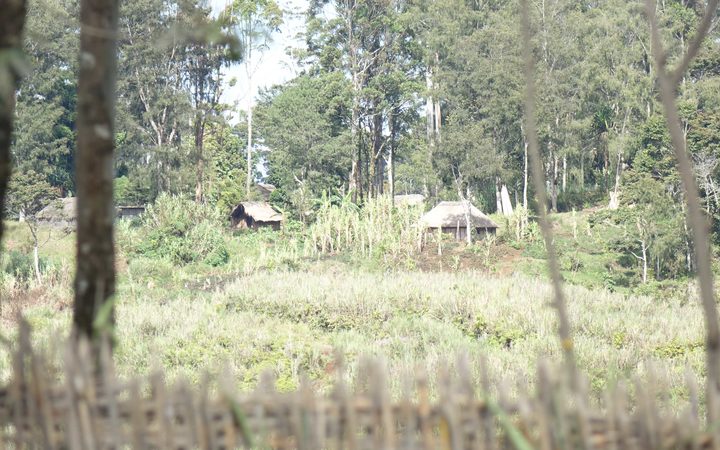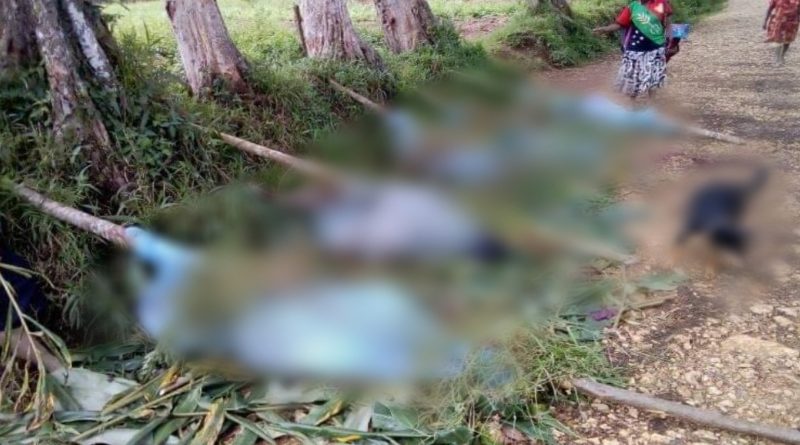
By GYNNIE KERO and JEFFREY ELAPA - The National
AN agreement expected to be signed today on the US$13 billion (K43 billion) Papua LNG project focuses mostly on the share percentages for the State, developer and provincial governments, Petroleum Minister Fabian Pok says.
He told The National that after the signing, French developer Total could then go to the financial institutions to raise funds for its investment in the project.
“This is (only) an agreement on what percentage shares to take, what per cent of benefits goes to the State, the developer and the provincial governments,” he said.
Representatives of the Gulf provincial and district administrations, the developer and the State were at Government House yesterday for the signing. But they were informed it would be held today.
Pok said the signing was only the start of the process, and there were other processes to go through before a petroleum development licence was issued.
“The most important document that gives rise to the development of the project is the petroleum development licence which will be issued later,” he said.
He said a pre-development licence would be sought to build a conditioning plant and other facilities.
The signing of a memorandum of understanding between the Government, Total, Oil Search and ExxonMobil last November marked the start of negotiations on the gas agreement.
Prime Minister Peter O’Neill told an energy summit in Port Moresby last month that the Papua LNG project would be one of the biggest investments in the country.
He said the Government would deliver a dedicated national content and some gas would be reserved for domestic market obligations.
Under the national content guidelines, he said the Government must ensure that local companies continued to be given opportunities to participate in the development of projects.
O’Neill had said the domestic market obligation would be a key condition for resources development in the country. “The petroleum and energy sector looks very bright in PNG,” O’Neill said.
The Papua LNG project will develop the Elk Antelope gas fields which is expected to produce close to 2.7 million metric tonnes per annum.
“We are trying to conclude with a win-win agreement for our developers and our people,” O’Neill said.
Go to this link for more: https://www.thenational.com.pg/us13bil-gas-deal/




